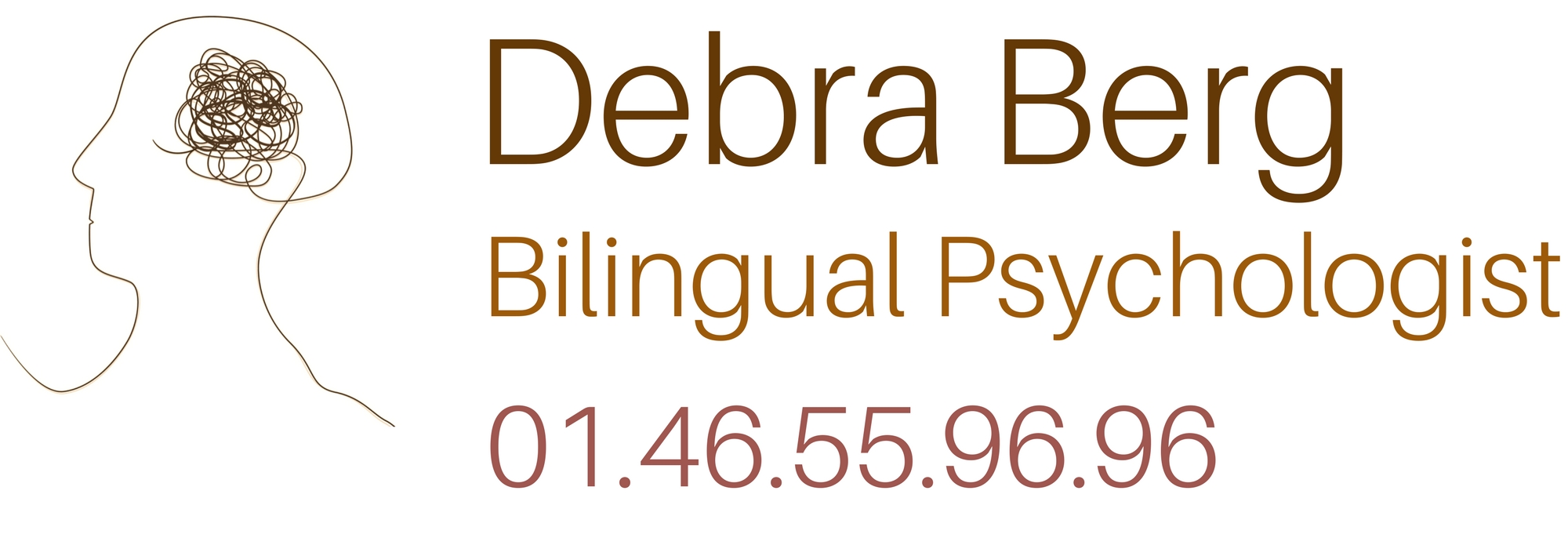Make sure you don’t just find any therapist close to your home or work, find one that works for you. This might take a little time and experimentation, but finding the right fit is important for your therapy to be efficient and successful.
I encourage you to consider the following ideas. Look for a therapist who:
(1) Has the training and education to help you. Degrees aren’t always indicative of competency. However, just as you for a doctor, seek out a therapist who has a degree and specific education and training. Training and education modalities may vary from state to state or country to country.
(2) Has the clinical approach and techniques which fit your needs. In psychology and mental healthcare treatment in general, there are many types of therapies, many different techniques, many schools of thought. Most healthcare professionals will believe that their approach and techniques are the best. However, you should find a therapist whose approach and techniques are not the best, but are the best suited to your needs. Do you need to see a psychiatrist, a psychologist, a psychotherapist, a psychoanalyst, or a counselor? What type of therapy? Psychoanalytic therapy, gestalt therapy, cognitive-behavioral therapy, family/systemic therapy, EMDR therapy? Be aware that there is a wide array of approaches and techniques. You shouldn’t have to adapt to the therapist’s approach. Find a therapist with an approach that fits you.
(3) Seems professional, knowledgeable, experienced, and an expert. Does your therapist have a professional demeanor? Is he knowledgeable in a specific or a limited, number of well-chosen therapies and techniques? Is he experienced working with certain types of patients (adults, men, women, children, teens, gay/lesbians, the elderly, etc.)? With a limited number of pathologies or conditions? Does he seem to be an expert in his field, at his craft?
(4) Encourages you “to shop around”, to explore other therapeutic options if it’s in your interest, or if he cannot help you refers you to colleagues. A therapist committed to your recovery and well-being will encourage you to pursue a treatment he truly believes caters to you needs. Find a therapist really intent on helping you, even if that means losing your business.
(5) Makes you feel comfortable and makes you feel you can trust him. You are going to spend time with your therapist, so you want to make sure you feel at ease in his presence. You need to feel comfortable telling him your story. How is the office, the environment in which you do your therapy? Does he seem serious and committed? Does he seem to have a sense of humor? Does he seem professional and trustworthy? Do you feel your privacy and confidentiality will be respected?
Part 2 and Part 3 of this three-part series.
Debra Berg, Psychologist in Paris
